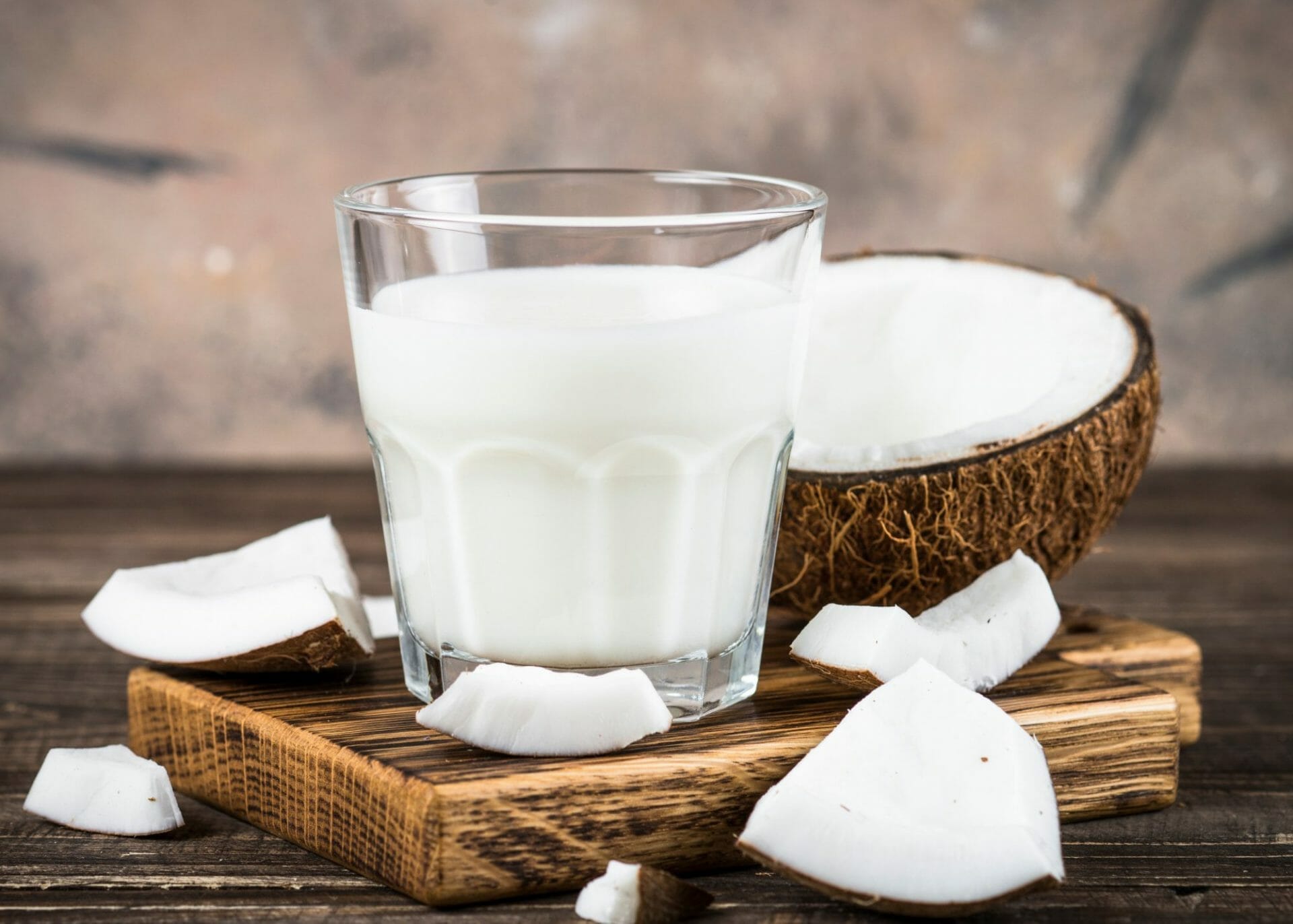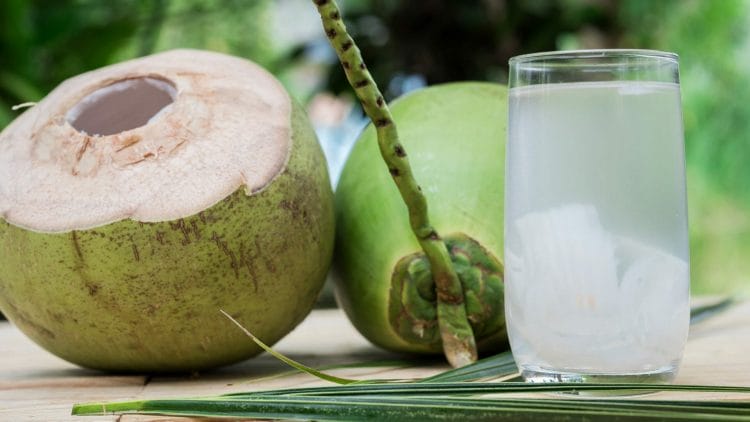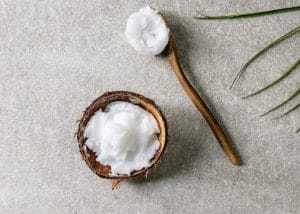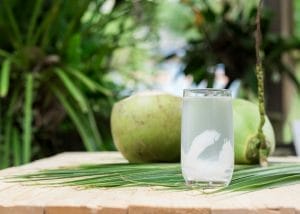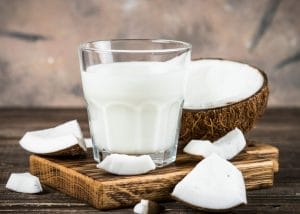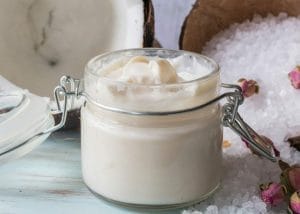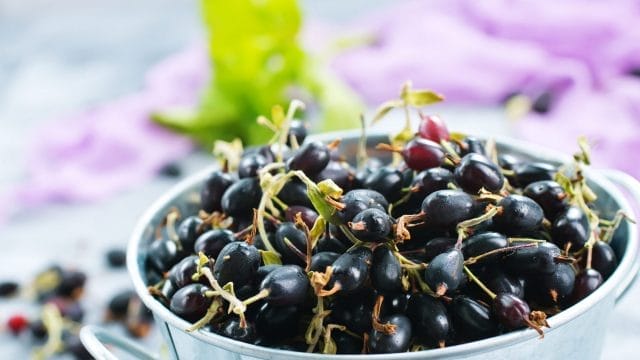Do you know the difference between coconut oil and coconut butter? Is coconut milk and coconut water the same thing?
Read on to find out the different parts of the coconut, as well as the various applications and health benefits of this versatile fruit that keeps on giving.
COCONUTS grow on palm trees in warm climates around the world such as South East Asia, the Caribbean, parts of Africa & South America. Coconut is used for its water, milk, oil, and “meat”. Each component of the Coconut has its own health benefits including healthy fats, protein, antioxidants, fibre & essential minerals.
COCONUT OIL:
- Is made using heated or cold pressed methods with either fresh or dried coconut meat.
- Is 100% fat, 80-90% of it is saturated fat, including brain benefiting MCTs.
- Has a high smoke point, which is good for sautéing and frying.
- Solid at room temperature & becomes liquid when heated.
- Many cultures have been applying coconut oil to skin & hair for years.
COCONUT WATER:
- Is the clear liquid that is tapped from the inside of coconuts while they’re young and green.
- As coconuts age, the clear liquid solidifies and turns into white “meat”.
- Contains electrolytes, such as potassium, sodium and manganese.
- Is about 94% water.
COCONUT MILK:
- Is made by mixing shredded, fresh, mature coconut meat with water. A creamy, liquid milk is then strained from the pulp mixture.
- Is dairy free.
- Tastes rich and is a great addition to smoothies & curries.
- Contains 5% to 22% fat depending on the preparation.
- Is about 50% water.
COCONUT BUTTER:
- Is made from pureed, raw coconut meat and coconut oil, together.
- A stronger flavour and smell compared to coconut oil.
- Contains more fibre and protein than coconut oil.
- Is spreadable and softens when warmed.
- Good for baking.
